Granite Countertops in Bloomington, IL and Beyond
Request Free Consultation
Hero Request Form
Premium Granite Countertops in Central Illinois
At Rich Murray Granite & Marble Works, we specialize in providing fine granite countertops Bloomington, IL home and business owners adore. Our commitment to quality and excellence ensures that you receive a product that meets your aesthetic and functional needs.
At our Bartonville shop, we offer a wide range of options, ensuring you find the perfect match for your space. Our services include:
- Free consultations
- Custom countertop designs
- Installation services
- Granite sealing services with a 15+ year guarantee
- Concept work and design support
- Free quotes within 24 hours
Call or text our team today to discuss your granite countertop plans.
The Benefits of Granite Countertops
Granite countertops are an excellent choice when you're looking for durability and elegance. Their natural composition offers a timeless beauty that enhances any kitchen or bathroom.
Here’s why you might want to consider granite for your next project:
- Scratch resistant, maintaining a pristine look
- Stain resistant, ensuring easy maintenance
- Natural product with unique patterns
- Lifetime warranty for peace of mind
- Heat resistant, perfect for kitchens
- Durable, built to last
Visit our store to explore our variety of granite options and find the perfect fit for your home or business.
Timeless Beauty and Lasting Value of Granite Countertops
Granite countertops in Bloomington, IL remain a top choice for homeowners and businesses seeking a combination of elegance, durability, and long-term value. Each slab of granite is naturally unique, featuring distinct patterns, colors, and textures that create a one-of-a-kind surface. This natural beauty allows granite to complement a wide range of interior styles, from classic and traditional to modern and contemporary, making it a versatile option for kitchens, bathrooms, bars, and commercial spaces alike.
Durability is one of granite’s most appealing qualities. Resistant to scratches, heat, and everyday wear, granite countertops are designed to withstand the demands of busy households and high-traffic areas. Properly sealed granite surfaces are also stain-resistant and easy to maintain, providing a hygienic workspace that is ideal for cooking, entertaining, or professional use. Beyond functionality, granite adds long-term value to any property. Homes and businesses with granite countertops often stand out to potential buyers, offering both aesthetic appeal and reliable performance that make the space more desirable.
Granite’s natural hardness ensures it can withstand years of use while maintaining its elegance. Its heat resistance allows hot cookware to be placed directly on the surface, and its scratch resistance ensures it maintains a pristine appearance over time. Minimal upkeep combined with enduring strength makes granite a smart investment, providing a surface that is as functional as it is beautiful. For homeowners in Bloomington, IL, granite countertops offer a long-lasting solution that enhances both the look and practicality of any space.
In addition to beauty and durability, granite countertops in Bloomington, IL also offer versatility and customization. Available in a wide spectrum of colors, patterns, and finishes—from polished and glossy to textured or matte—granite can be tailored to fit nearly any design vision. Edge profiles, surface textures, and custom dimensions allow homeowners and designers to achieve a unique, functional surface that complements the surrounding décor, making granite a truly adaptable choice for kitchens, bathrooms, or commercial spaces.
Custom Design, Practical Benefits, and Everyday Versatility
Granite countertops in Bloomington, IL provide a perfect balance of style, functionality, and practicality. Each countertop can be customized to fit the specific layout of a kitchen, bathroom, bar, or workspace, with precise measurements, tailored edge profiles, and finishes that reflect personal design preferences. The natural variation in granite ensures that every countertop is unique, offering individuality and sophistication that synthetic surfaces cannot replicate.
Practical advantages make granite ideal for daily use. Heat-resistant surfaces allow hot cookware to be placed directly on the countertop, while scratch- and stain-resistant properties keep the space looking pristine even under heavy use. Cleaning and maintenance are simple, making granite countertops a convenient solution for busy households and commercial environments.
Beyond aesthetics and practicality, granite countertops in Bloomington, IL also enhance the long-term value of any property. Spaces featuring granite are often more appealing to potential buyers or clients, offering a combination of elegance, reliability, and timeless style. Granite pairs beautifully with other materials such as wood, tile, and stainless steel, allowing homeowners to create cohesive and functional designs. The natural elegance of granite also creates a welcoming atmosphere, making kitchens and bathrooms more enjoyable and inviting for daily use or entertaining guests.
Whether remodeling a kitchen, designing a new bathroom, or upgrading a commercial area, granite countertops in Bloomington, IL provide a versatile, enduring solution. They deliver natural beauty, exceptional durability, and a customizable surface that balances form and function. Investing in granite means choosing a surface that is not only visually stunning but also practical, long-lasting, and adaptable to a variety of spaces and design preferences, making it a worthwhile investment for any property.
Why Rich Murray Granite & Marble Works?
Choosing Rich Murray Granite & Marble Works means opting for unparalleled quality and service. We combine old-world craftsmanship with modern technology to deliver granite countertops that exceed expectations. Here’s what sets us apart:
- Attention to detail in every project
- Locally and family-owned business
- Premium-grade materials
- Established in 1982 and offering 43+ years of experience
- Free consultation and concept work
- No job too large or small
- Exotic stone gallery for unique selections
- Exceptional customer service
- Fully insured for your peace of mind
- Free quote within 24 hours
Reach out to our experts today to start your granite countertop project.
Visit Us in Bartonville for Granite Countertops
If you’re ready to elevate your space with stunning granite countertops in Bloomington, IL or a nearby area, visit Rich Murray Granite & Marble Works. Our team is ready to guide you through every step of the process, from consultation to installation.
Let us help you bring your vision to life with our exceptional granite selections and unmatched service.
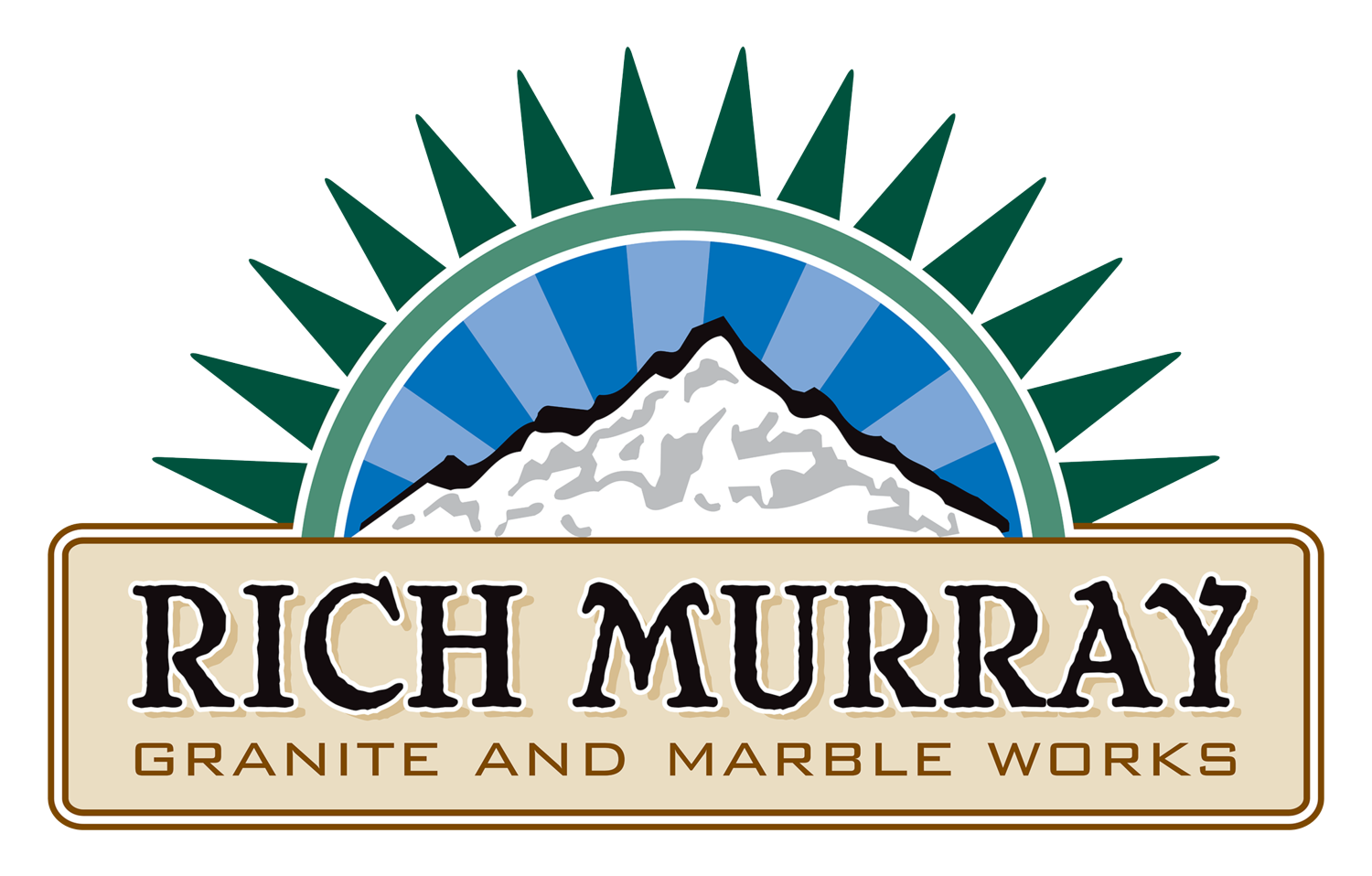
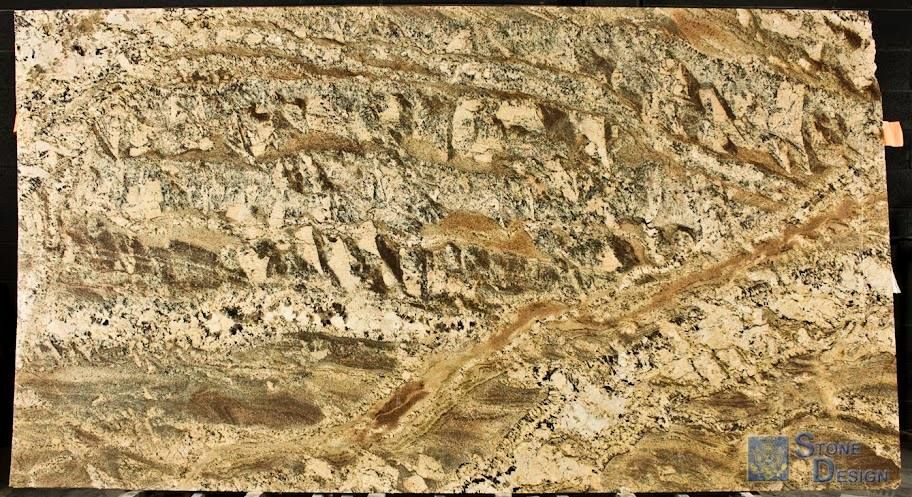
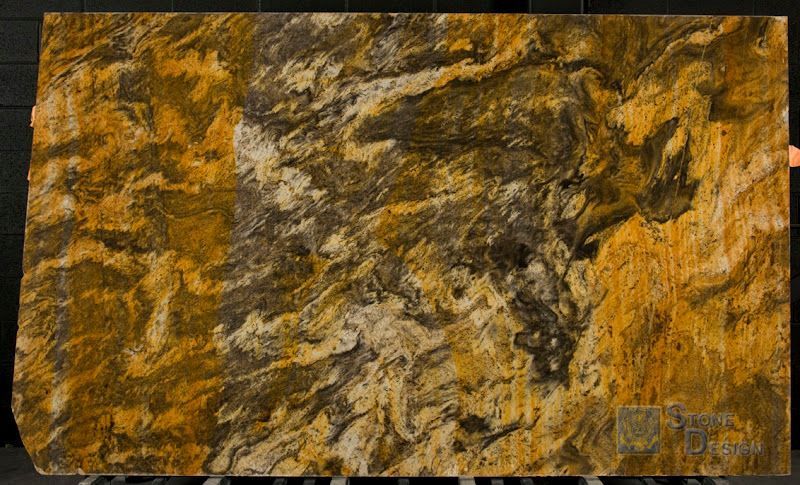
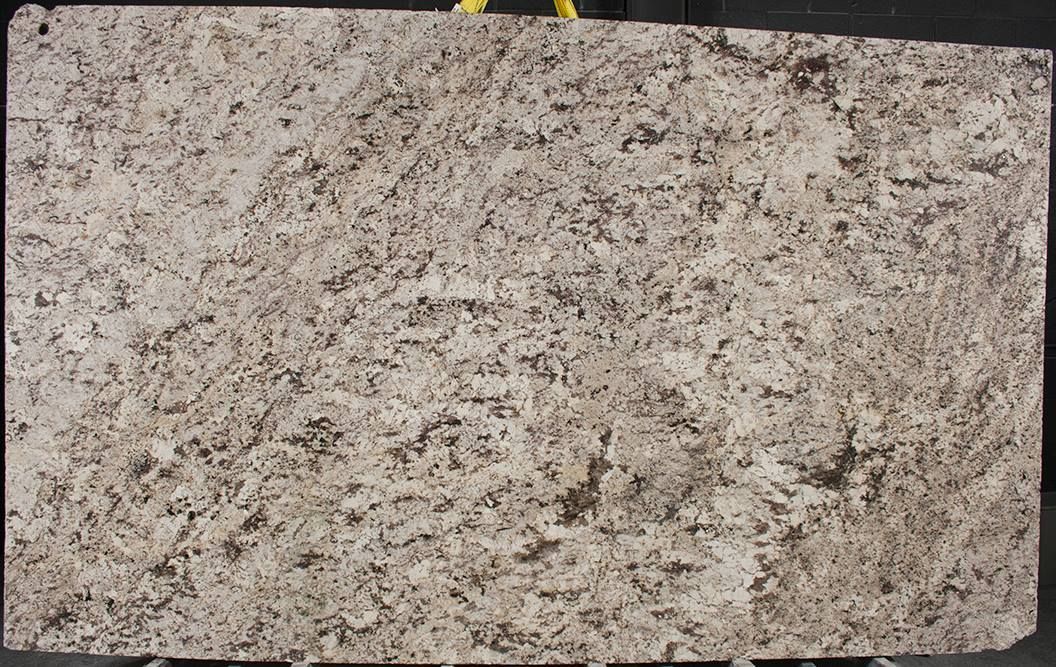
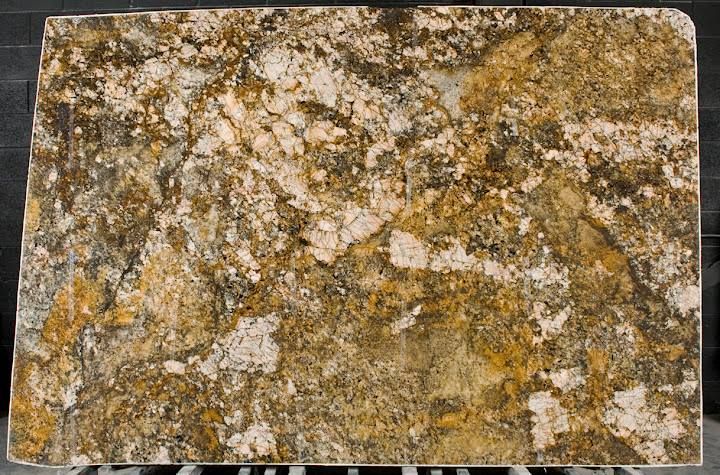
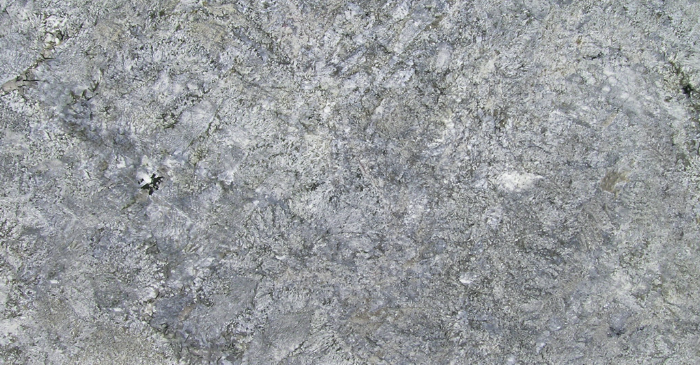
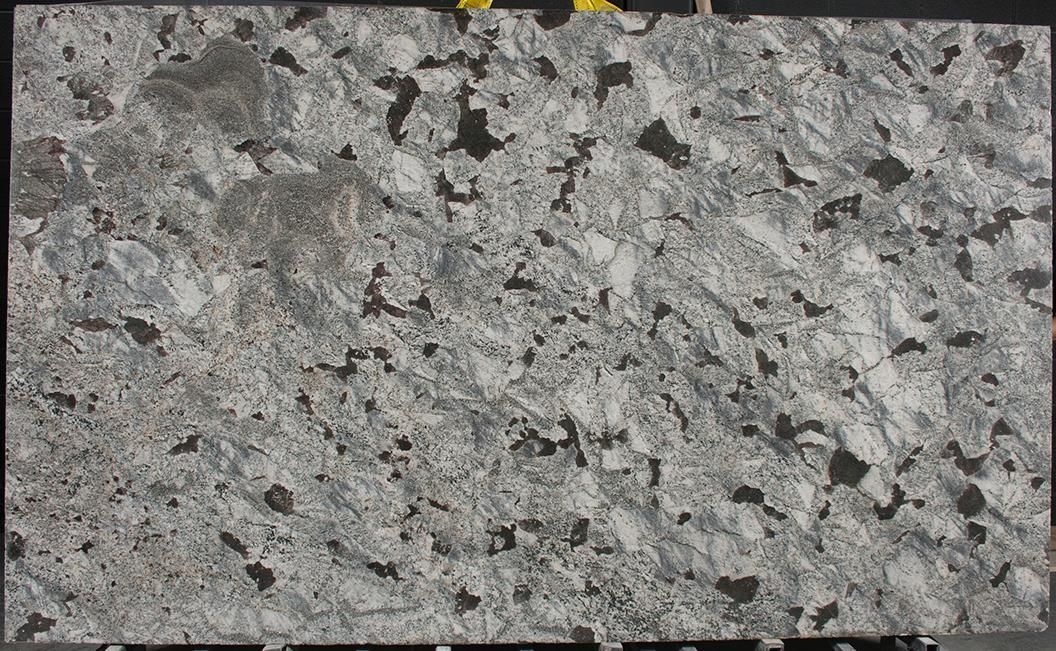
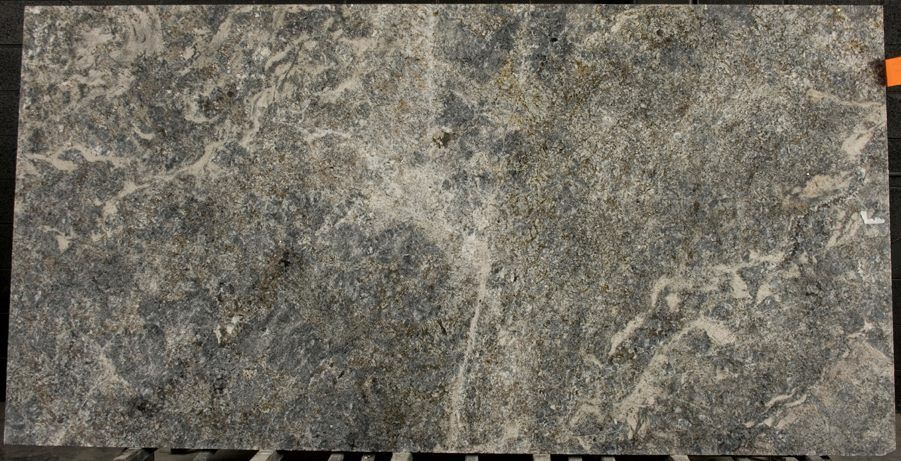
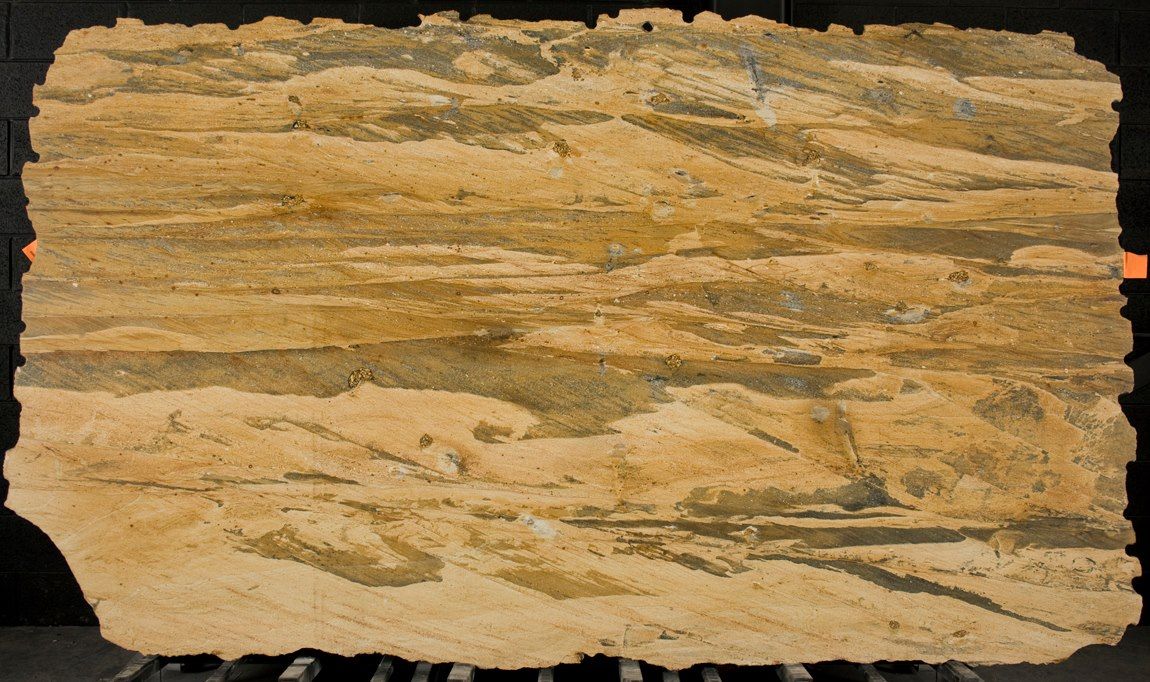
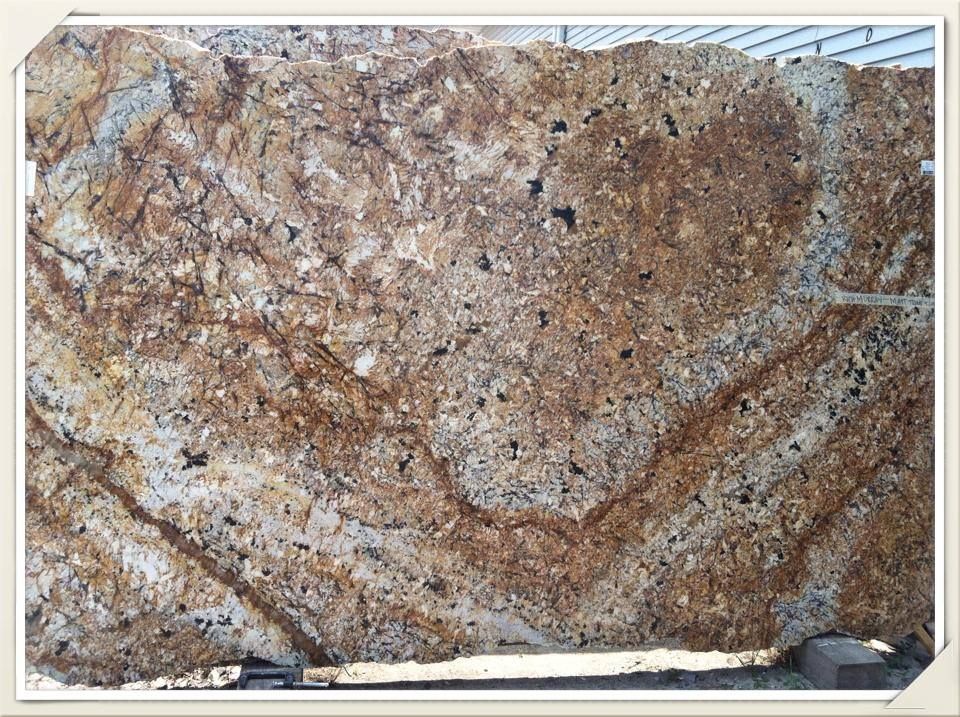
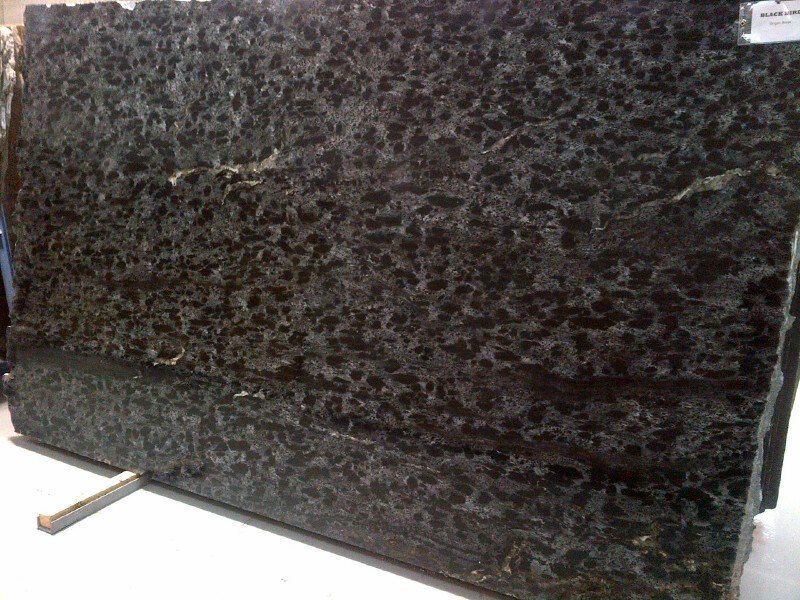
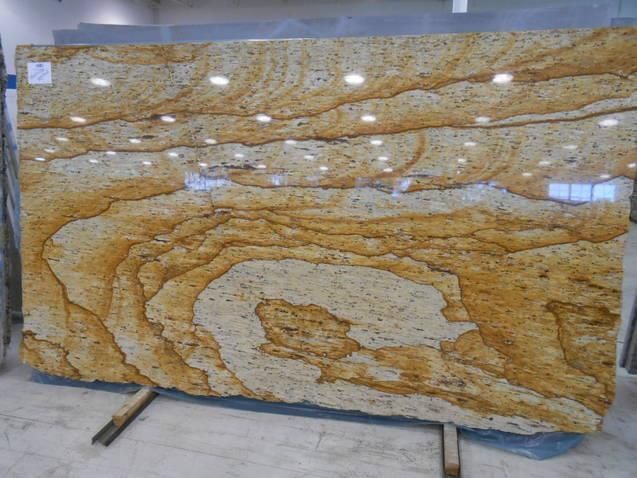
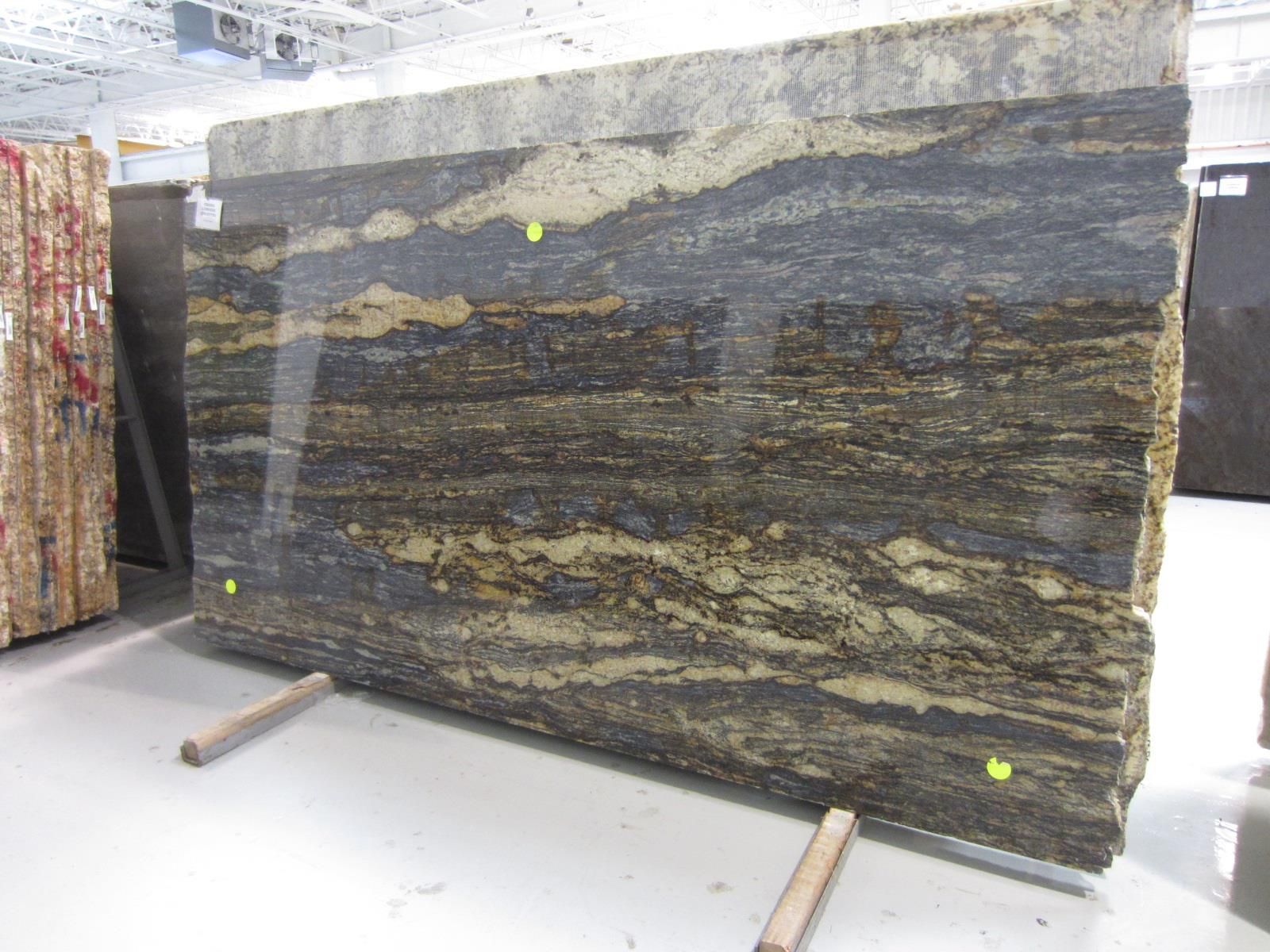
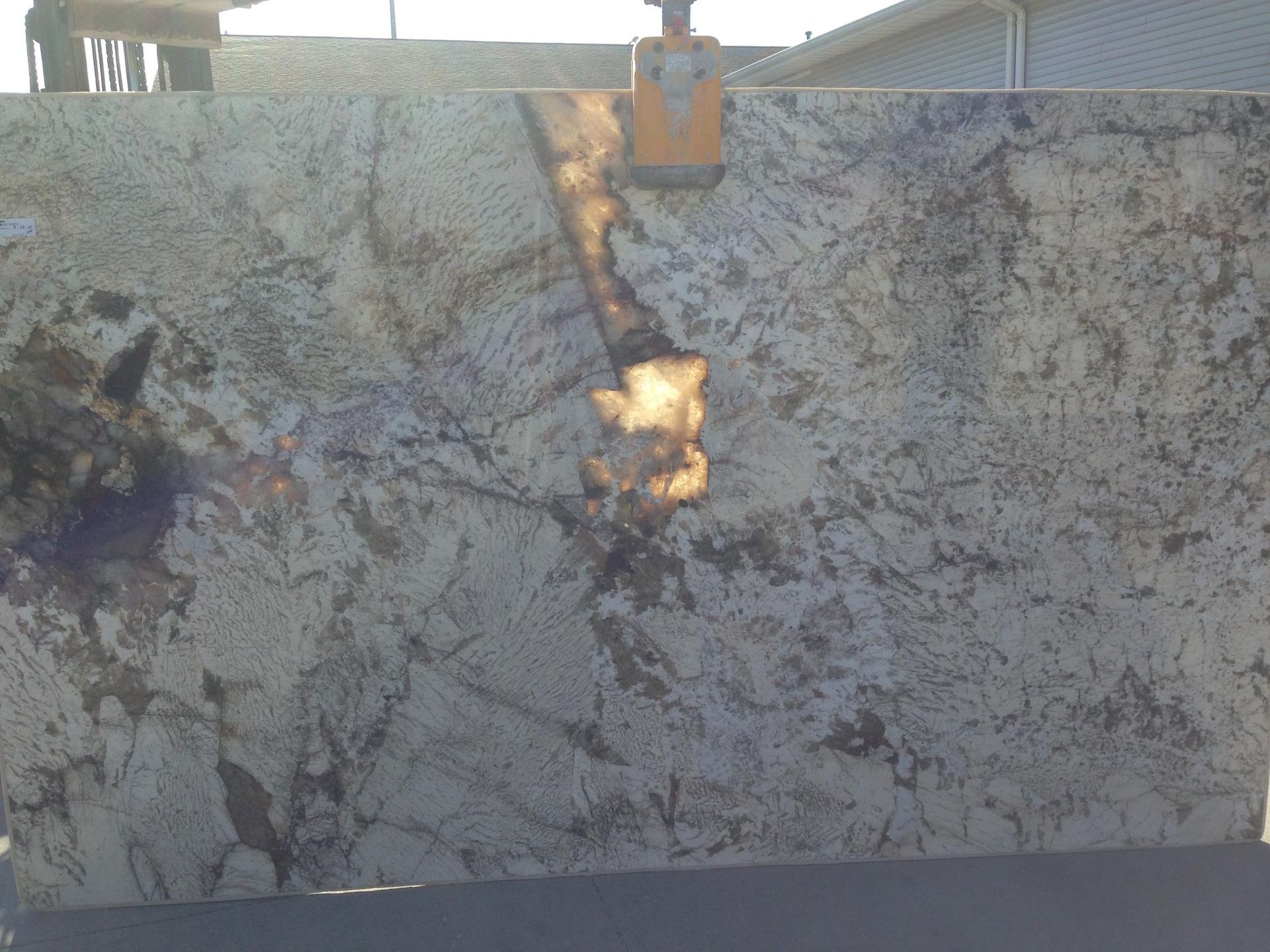
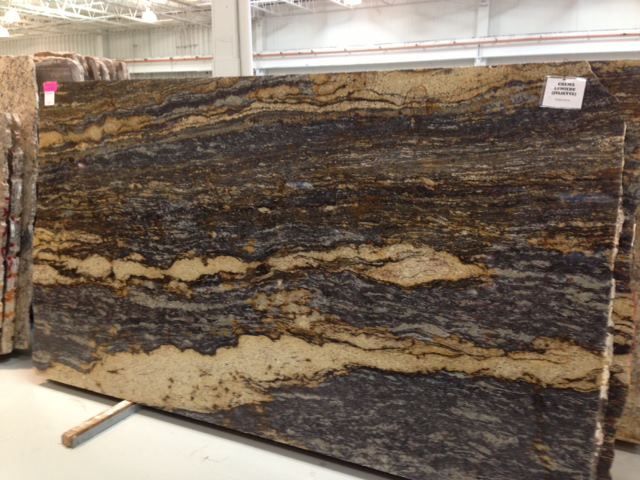
Share On: